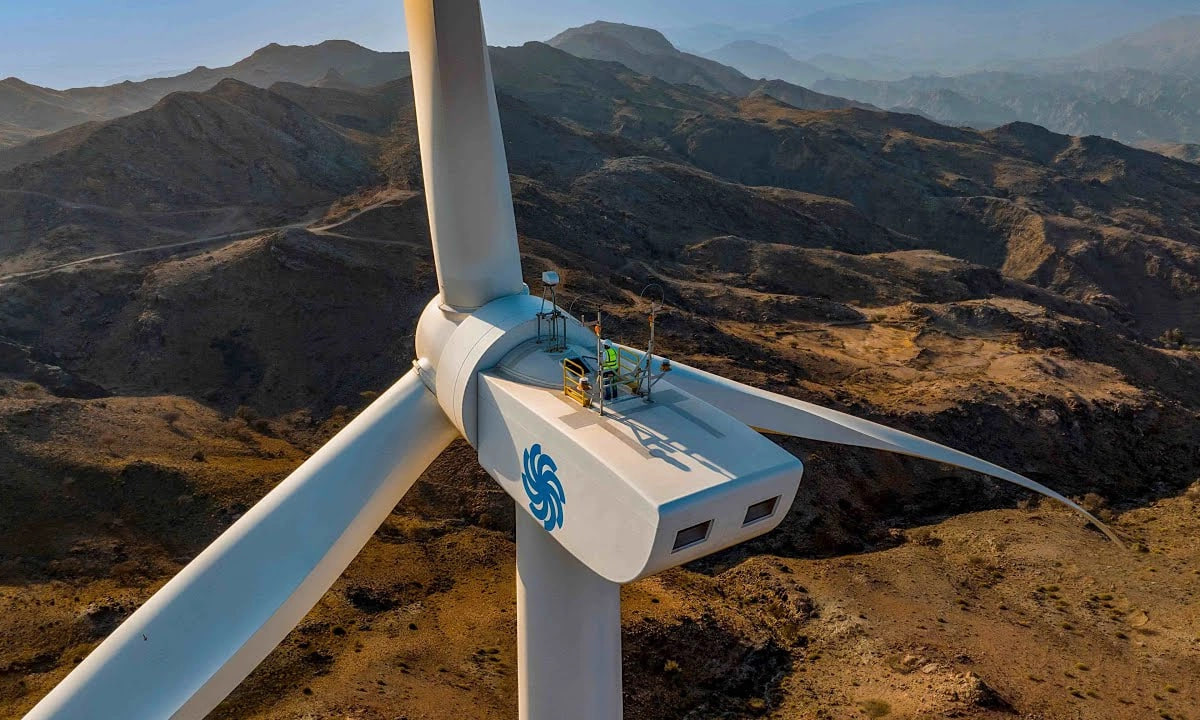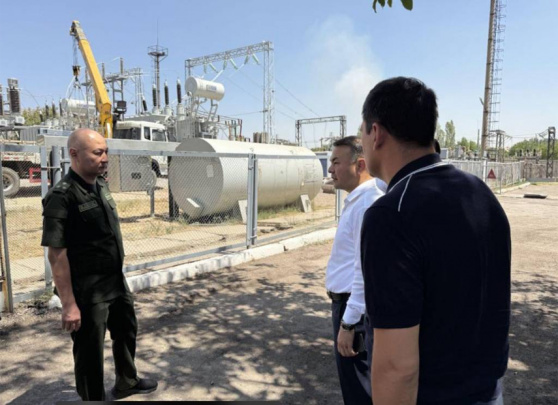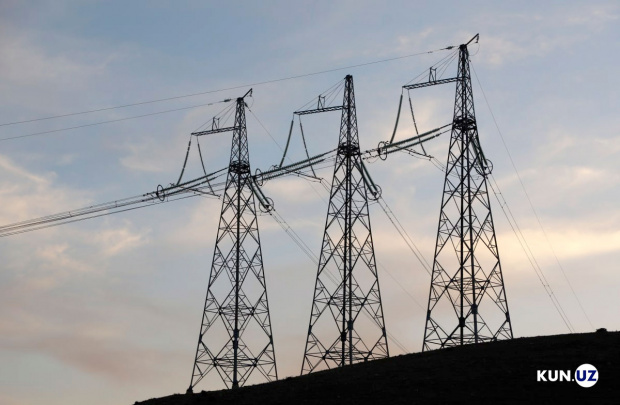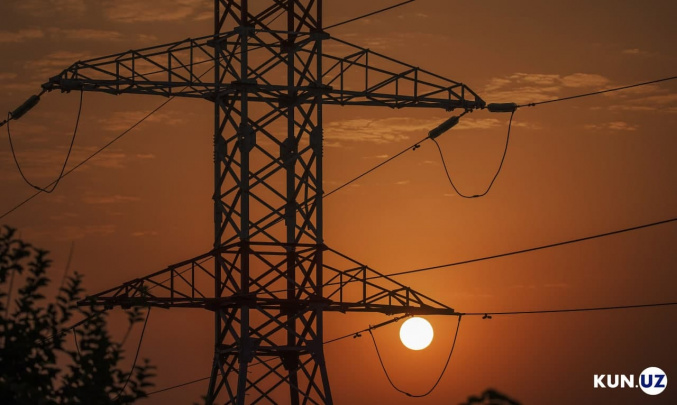Masdar announces plans for 2 GW wind power project in Uzbekistan
Masdar, a UAE-based company, has begun preparing the feasibility study for the construction of a 2 GW wind power plant in the Mingbulak district of the Namangan region. The project is divided into two phases. The investor also plans to establish energy storage systems with a capacity of 1.15 GWh in various regions of the country. This was announced in an interview with Gazeta.uz during the 58th Annual Meeting of the Asian Development Bank in Milan by Maryam Rashed Al Mazrouei, the Head of Business Development and Investment for the CIS at Masdar.

Photo: Masdar
At the end of 2023, the company signed an agreement with the Ministry of Investments, Industry, and Trade and the Ministry of Energy of Uzbekistan to build a 2 GW wind power plant and energy storage facilities across the country. The total project cost is estimated at $2.6 billion.
“We have divided the project into two phases, starting with a 1 GW project. We have now signed an agreement to conduct the feasibility study and implement the project by 2029. This will take some time as we are collecting wind data. We need at least 12 months of such data before we can finalize the financial terms of the deal,” she said.
The project also includes the construction of energy storage systems with a capacity of about 1.15 GWh. According to Maryam Al Mazrouei, this will be a separate energy storage project, not directly tied to any specific generation.
“We are already developing energy storage systems as part of projects in Bukhara and the Guzar district. These batteries are standalone and are not directly connected to generation,” she added.
The cost of the first phase of the project will be under $500 million for 1 GW.
Masdar is also collaborating with Uzbekhydroenergo on a pumped-storage hydropower station (PSH) project.
“We signed an agreement with them last year. We have just received the feasibility study and are discussing the next steps. The project is still in the early stages of development,” she explained.
On tariff policy
According to Maryam Rashed Al Mazrouei, all of Masdar’s current projects in Uzbekistan have been won through tenders, except for the wind farm in Zarafshan.
“Zarafshan is the only project implemented under a bilateral agreement. All the others were obtained through tenders. This clearly shows that we won them due to our competitiveness, including on price. We continue to reduce costs as much as possible and support competition if it benefits the country,” she noted.
Masdar’s contracts in Uzbekistan are based on fixed prices within power purchase agreements (PPA) with the government, which are typically signed for 25 years.
Masdar has refrained from commenting on its readiness to operate in Uzbekistan’s future wholesale electricity market without long-term government contracts.
“We cannot give a clear answer at this point because we need to see how the government will advance the implementation of this strategy. Once that is clearer, we will reassess,” Al Mazrouei said.
She added that regulation and policy will play a key role in the formation of the wholesale electricity market, meaning the creation of a legal framework, setting rules for market participants, and developing a national program outlining the goals and stages of transition to a wholesale market: “For such a transformation, specific regulatory and policy mechanisms need to be implemented. I’m confident that the ministries and the government understand this.”
It is worth noting that the full transition to a wholesale electricity market in Uzbekistan is planned for 2027 (originally planned for 2025), and the gas market is expected to transition in 2028, as announced by Deputy Prime Minister Jamshid Kuchkarov in October 2024. “We want more companies to operate in Uzbekistan’s mining market,” he said.
The wholesale electricity market is a platform where electricity is bought and sold between producers (power plants), trading companies, and large consumers (e.g., regional network companies and large industrial enterprises).
In 2023, Uzbekistan established a regulatory body for the energy market — the Energy Market Development and Regulation Agency. The body will report to the Cabinet of Ministers, although in 2021, the Ministry of Energy proposed making the regulator independent of the government and accountable to the President and the Oliy Majlis.
About Masdar
Masdar’s first project in Central Asia was in Uzbekistan. It was a small solar power project with a capacity of 100 MW — Nur-Navoi, under the IFC Scaling Solar initiative.
“But today, we already have 2 GW of renewable capacity in Uzbekistan, including solar and wind power plants, including the 500 MW Zarafshan wind farm — the largest wind farm in the region,” she stated.
Earlier this year, Masdar announced plans to double its investments in Uzbekistan’s energy sector from the current $2 billion to $4 billion in the coming years.
As part of the UN Climate Conference COP29, held in November 2024 in Baku, an agreement was signed to implement a project to build a 1000 MW wind power plant in the Uchquduq district of the Navoi region. The project will annually generate 3.5 billion kWh of electricity, saving 1 billion cubic meters of natural gas and reducing harmful emissions by 1.4 million tons.
Related News

14:45 / 26.07.2025
Dozens of energy sector officials punished after electricity disruptions in Tashkent

13:01 / 26.07.2025
Residents and businesses hit hard by frequent power cuts in Tashkent

16:58 / 24.07.2025
Uzbekistan boosts electricity exports amid ongoing outages

11:32 / 23.07.2025



